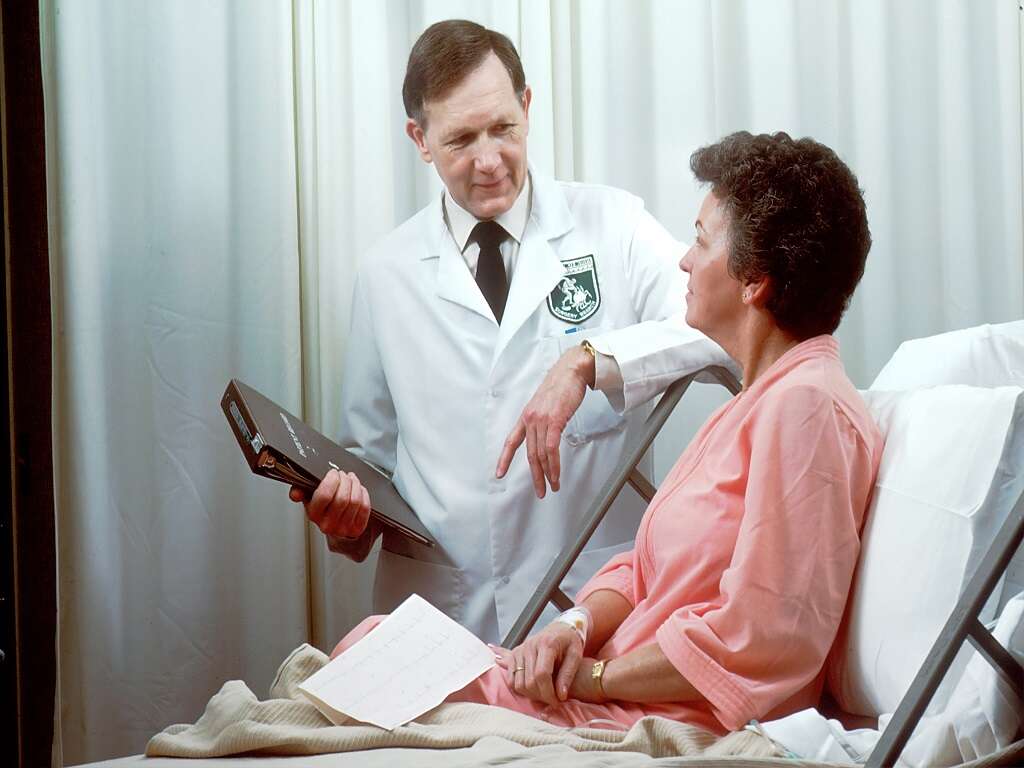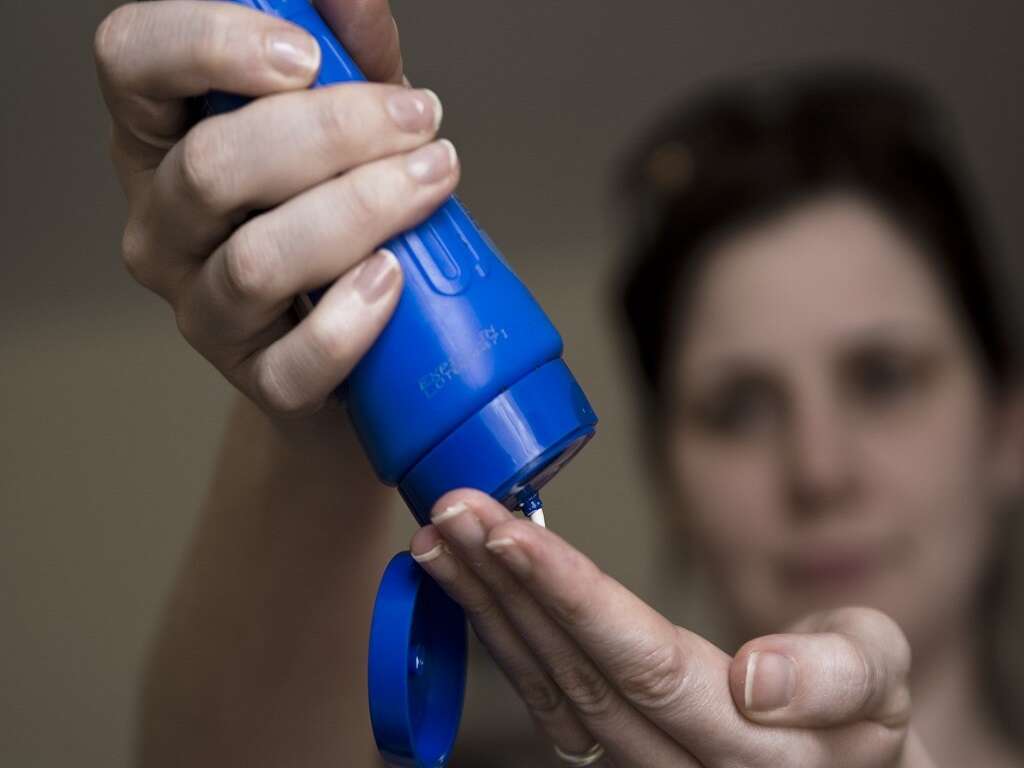10 Basal Cell Carcinoma Symptoms
 Article Sources
Article Sources
- 1. Basal Cell and Squamous Cell Carcinoma Symptoms. Ucsfhealth.org, www.ucsfhealth.org/conditions/basal-cell-and-squamous-cell-carcinoma/symptoms.
- 2. Skin Cancer Types: Basal Cell Carcinoma Signs and Symptoms. American Academy of Dermatology, www.aad.org/public/diseases/skin-cancer/types/common/bcc/symptoms.
- 3. Basal Cell Carcinoma Warning Signs and Images. The Skin Cancer Foundation, 4 Jan 2021, www.skincancer.org/skin-cancer-information/basal-cell-carcinoma/bcc-warning-signs-images/.
- 4. Chlebicka, Iwona, et al. Is Basal Cell Carcinoma an Itchy Tumor? Clinical Characteristics of Itch in Basal Cell Carcinoma. Journal of Clinical Medicine, MDPI, 26 July 2020, www.ncbi.nlm.nih.gov/pmc/articles/PMC7465681/.
4. Areas of Itchy Skin
Although itchy skin is not a huge cause for concern, it can be a symptom of skin cancer. The majority of itchy skin cases are caused by contact dermatitis or allergies.
A recent study revealed that 31.1% of patients diagnosed with basal cell carcinoma reported daily itching localized to the tumor area.4Chlebicka, Iwona, et al. Is Basal Cell Carcinoma an Itchy Tumor? Clinical Characteristics of Itch in Basal Cell Carcinoma. Journal of Clinical Medicine, MDPI, 26 July 2020, www.ncbi.nlm.nih.gov/pmc/articles/PMC7465681/. Most of these cases report itching but no pain. The best solution is to consult an expert to determine the root cause of itchy skin.
Advertisement











